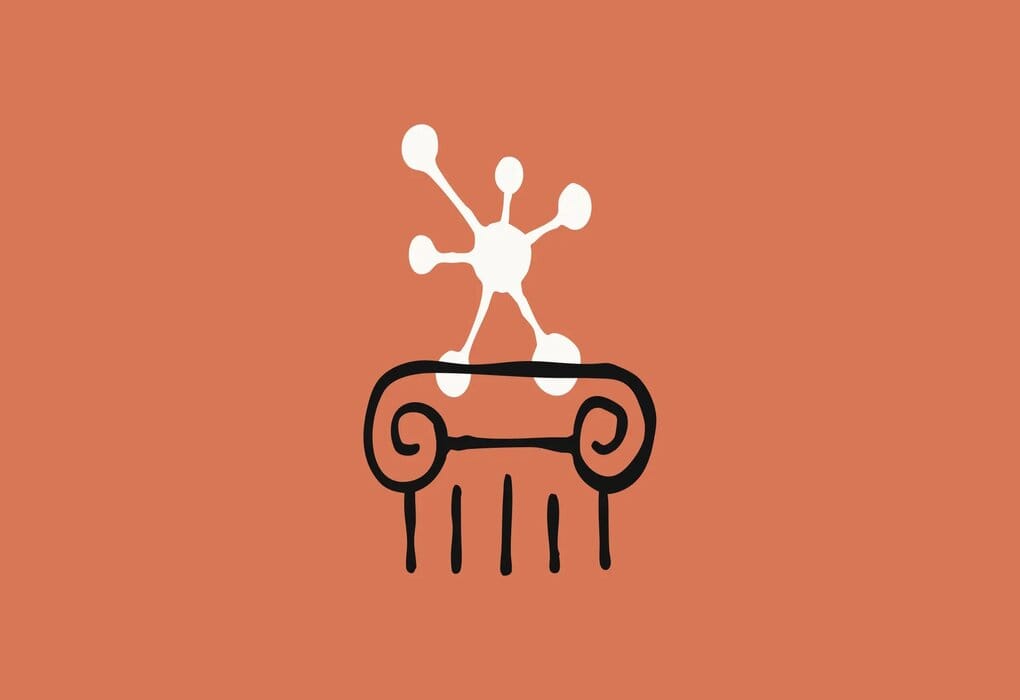Anthropic has introduced “Claude for Education,” an AI assistant designed specifically for universities. Unlike typical AI tools that simply provide answers, the new platform’s “Learning Mode” uses Socratic questioning to guide students through problem-solving rather than giving them solutions outright.
“Learning Mode helps students develop their independent thinking by guiding rather than answering,” said Anthropic in their announcement. The system asks students questions like “How would you approach this problem?” and “What evidence supports your conclusion?” to develop deeper understanding.
University Partnerships Already Underway
Three universities have signed full campus access agreements:
- Northeastern University will deploy Claude across 13 global campuses, reaching 50,000 students and staff
- London School of Economics and Political Science (LSE) is providing Claude to their entire student body
- Champlain College is integrating Claude across all on-campus and online programs
“Since our founding, LSE has been at the forefront of understanding social change and seeking solutions to real world challenges,” said President and Vice Chancellor Larry Kramer. “As social scientists, we are in a unique position to understand and shape how AI can positively transform education and society.”
Champlain College president Alex Hernandez emphasized workforce readiness: “AI is changing what it means to be Ready for Work and, as a future-focused college, Champlain is giving students opportunities to use AI so they can hit the ground running when they graduate.”
Beyond Student Learning
Claude for Education extends beyond classroom use:
- Faculty can create rubrics aligned to learning outcomes, provide individualized feedback on student essays, and generate chemistry equations with varying difficulty levels
- Administrative staff can analyze enrollment trends, automate repetitive email responses, and convert policy documents into accessible FAQ formats
Anthropic has also partnered with Internet2, which serves over 400 U.S. universities, and Instructure, maker of the Canvas learning management system, potentially creating pathways to millions of students.
Similar Posts
Market Context
Many universities have struggled with contradictory approaches to AI since ChatGPT emerged in 2022, with some institutions banning it outright while others cautiously embrace it.
Questions Remain
Despite Anthropic’s approach, challenges persist. University of Washington information science professor Chirag Shah pointed out potential issues: “One of the things I don’t see here is how they’re addressing hallucination,” adding that students will likely try to trick the system into providing answers without analysis.
For now, Anthropic’s education strategy represents a different approach to AI in education – helping students think better for themselves rather than simply doing the thinking for them.
Frequently Asked Questions
Claude for Education is a specialized version of Anthropic’s AI assistant specifically designed for higher education institutions. It features “Learning Mode,” which guides students through problem-solving using Socratic questioning rather than providing direct answers. The platform is designed to develop critical thinking skills and can be used by students, faculty, and administrative staff across universities.
Learning Mode works by asking guiding questions rather than providing answers directly. When students ask questions, Claude responds with prompts like “How would you approach this problem?” or “What evidence supports your conclusion?” This Socratic method helps students develop their own reasoning skills and deeper understanding of concepts instead of simply receiving answers.
Three universities have already signed full campus access agreements with Anthropic: Northeastern University (implementing Claude across 13 global campuses for 50,000 students and staff), London School of Economics and Political Science (LSE), and Champlain College. These partnerships aim to integrate AI across teaching, learning, and administrative functions.
Faculty can use Claude to create rubrics aligned to learning outcomes, provide individualized feedback on student essays, and generate course materials with varying difficulty levels. Administrative staff can analyze enrollment trends, automate repetitive email responses, and convert dense policy documents into accessible FAQ formats. The system is designed to streamline workflows across the entire university ecosystem.
Despite its innovative approach, Claude for Education faces several challenges. Professor Chirag Shah from the University of Washington notes that the platform doesn’t clearly address AI hallucination issues. There are also concerns that students might try to trick the system into providing answers without requiring analytical thinking. Additionally, many universities still lack comprehensive AI policies, making implementation potentially difficult.
Claude for Education differentiates itself by focusing on developing critical thinking rather than simply providing answers. While many AI tools in education can be used to shortcut the learning process, Claude’s Learning Mode deliberately withholds direct answers in favor of guided reasoning. This approach is more akin to a digital tutor than an answer engine, representing a fundamental shift in how AI can be integrated into education.







